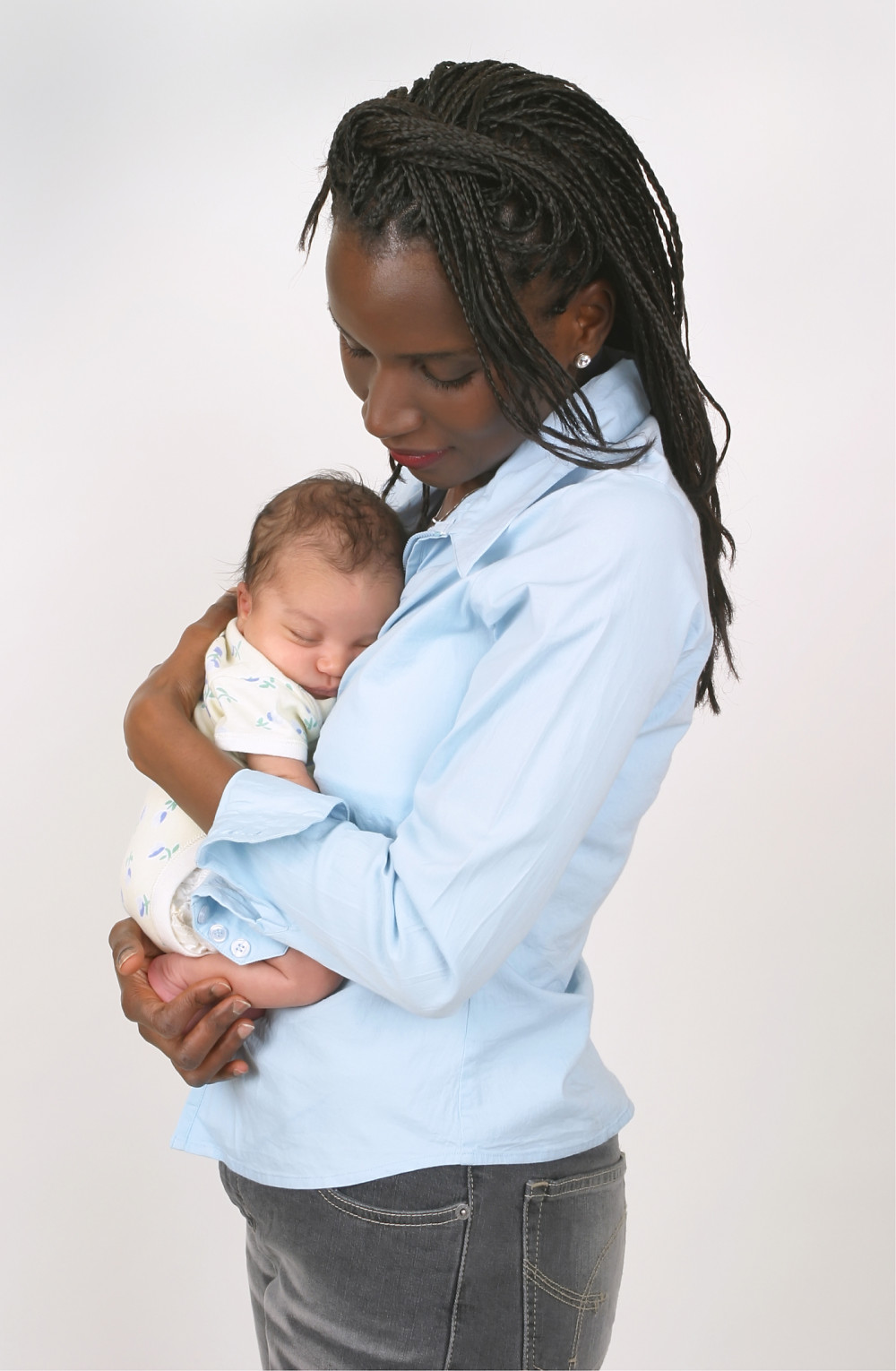 The joy of being a parent is indescribable. Nothing beats holding your newborn child in your arms. Every parent wants the best for their child. Ask any parent and they will tell you all what they are doing is to make the future of their children secure.
The joy of being a parent is indescribable. Nothing beats holding your newborn child in your arms. Every parent wants the best for their child. Ask any parent and they will tell you all what they are doing is to make the future of their children secure.
I wrote about assisting children to create an investment plan for the year, and one of the comments I got asked if giving birth abroad was an investment. Seeing that birthing abroad has become a trend, I’ve decided to write about it and shed some light over if it’s an investment or not.
What is an investment? Investment is basically buying an asset with the expectation of generating an income or return in the future. One important feature of an investment is that there is an expectation of a return in the future.
Our country Nigeria, for the most part, has become unconducive to live in. Basic amenities like power, roads, medical facilities, and education are a challenge. We’ve all heard stories of how our parents easily got jobs, how organizations would visit universities to recruit – all that is long gone. According to the National Bureau of Statistics (NBS) unemployment rate in Nigeria is about 23.1%, and that data was released in the last quarter of 2018. There has been no update as to what the unemployment rate is now. All of these, and more, have made a second citizenship appealing.
In recent times, giving birth abroad – especially in the United States of America (USA) – has become a thing. Upper and middle-class Nigerians have found a means of ensuring their children are US citizens, despite the visa challenges. Parents will fight tooth, nail, and blood to get a US visa in order to protect their children from going through the same struggles they’ve been through in Nigeria. Now, is this an investment or not?
Investing is totally different from giving your child the option of second citizenship. Investing for your child means you are purchasing assets that will either generate income or yield a return in the future and this has nothing to do with giving your child the option of jumping ships should Nigeria become ‘unbearable’ to live in. Besides, giving birth abroad – especially in the US – has its pros and cons.
From my findings, the high point of being a US citizen or having a US passport is the fact that you won’t have to bother about getting visa to a number of other countries. A US passport gives you free entry into most European countries, some Asian countries, and a couple of countries in the Caribbean. On the flip side, all US citizens are taxed on their global income, irrespective of where they live. The Internal Revenue Service (IRS) of the USA, on its website, clearly states the procedure for payment of tax by citizens living outside of the US. Only those living and working in countries that have signed the Double Taxation Avoidance Agreement (DTAA) are exempted from this tax. Hence, it is important to understand the full details of being a citizen of whatever country you want to give birth in, so as not to do your child a disservice.
In my opinion, giving birth abroad is more or less like buying an insurance policy. An insurance policy is not an investment, it is just a protection against loss. Giving birth abroad is you giving your child the option/opportunity of living in a supposed “better environment”. It has nothing to do with investment.
I hope this clarifies the assumption or belief that it is an investment. If you have contrary opinions, send me an email bullsnbearsnig@gmail.com, or let’s talk in the comments section.
The post Omolola Olorunnisola: Are You Making An Investment By Giving Birth to Your Child Abroad? appeared first on BellaNaija - Showcasing Africa to the world. Read today!.
source https://www.bellanaija.com/2020/02/omolola-olorunnisola-are-you-making-an-investment-by-giving-birth-to-your-child-abroad/
Comments
Post a Comment